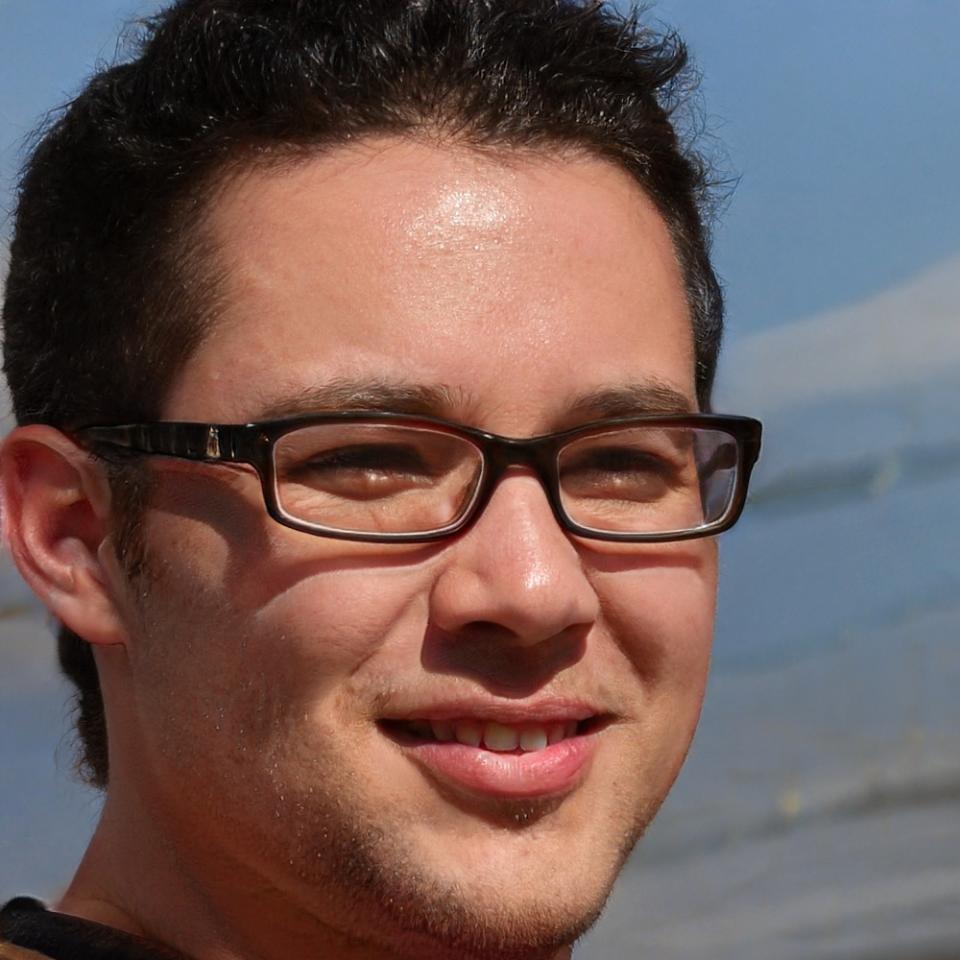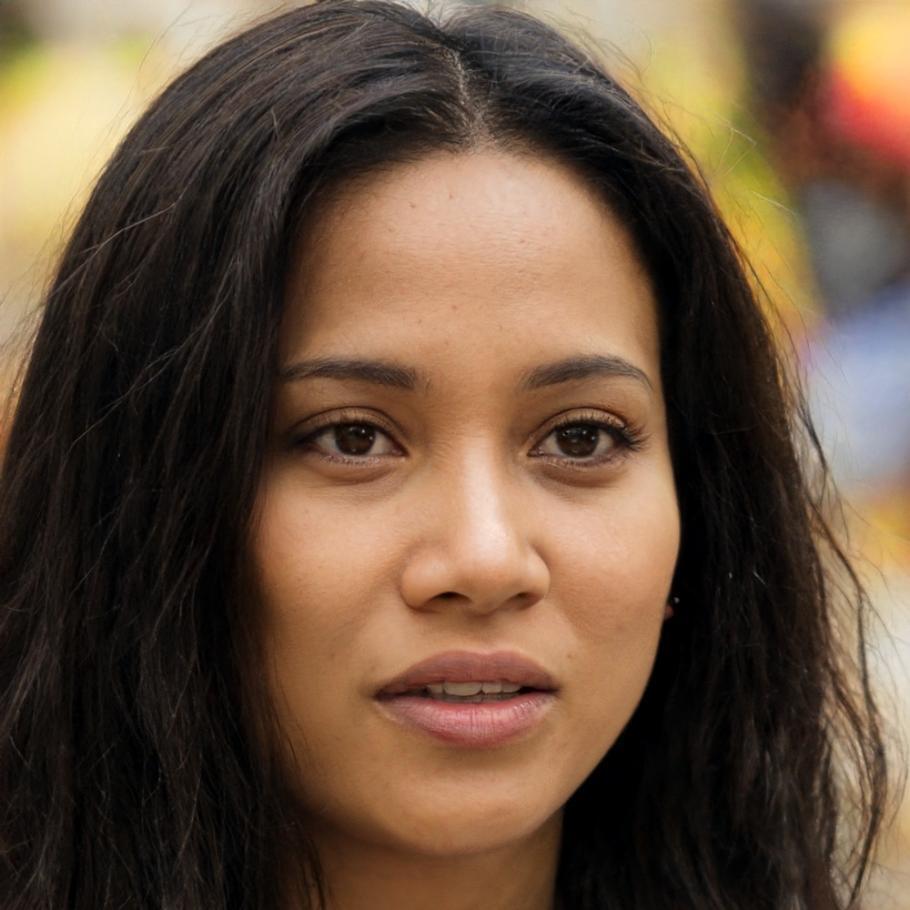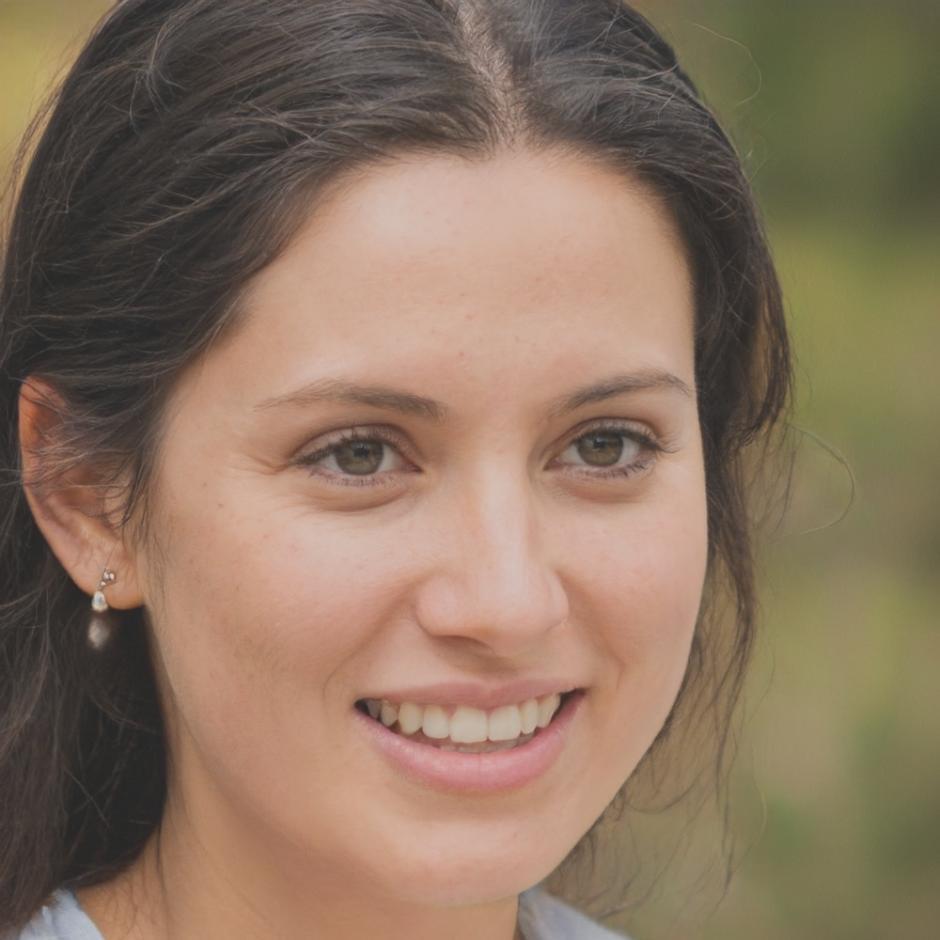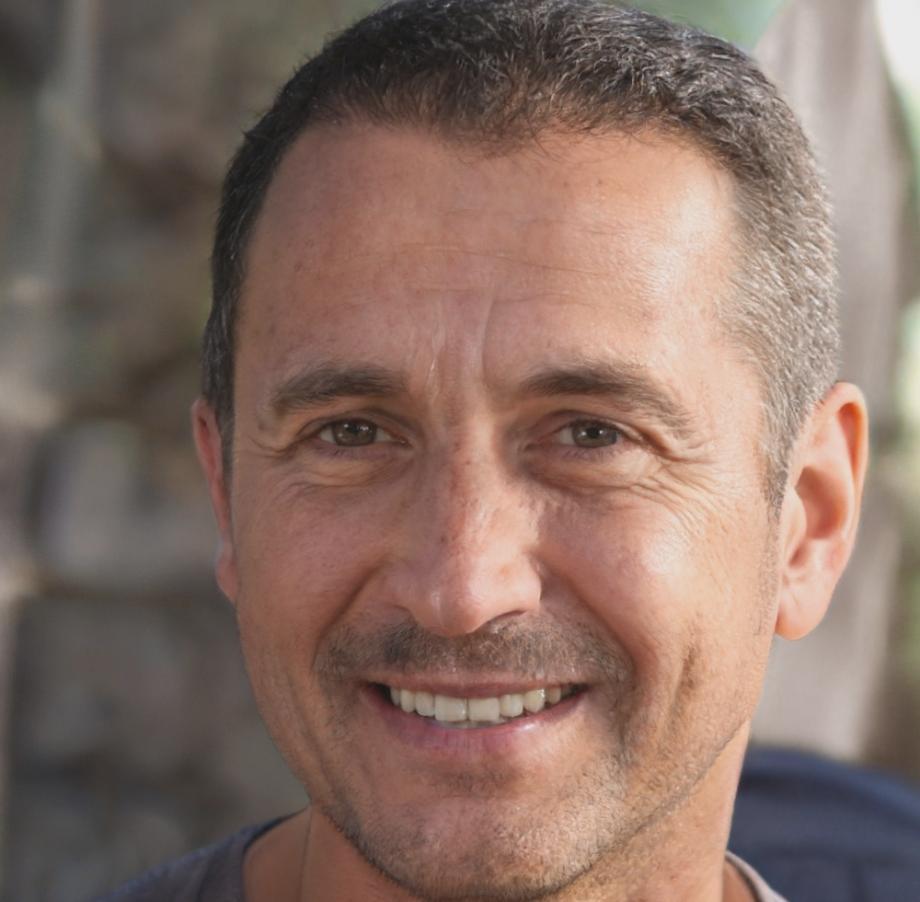Financial Education Built From Real Experience
We started teaching people about money management back in 2019 because we saw too many folks struggling with basic financial decisions. Our programs focus on practical skills you can actually use—not theory that sounds good but doesn't work in real life.
Get Program DetailsHow We Got Here
Building a financial education program took longer than we thought. Here's what happened along the way.
Started With Weekend Workshops
We ran our first workshop at a community center in Launceston. Twenty-three people showed up. The content was rough around the edges, but people actually found it helpful. That's when we realized there was a real need for this kind of education.
Expanded Into Structured Programs
We developed our first 12-week curriculum after getting feedback from earlier participants. They wanted something more comprehensive—not just one-off sessions. The first full program had 18 people, and we learned a lot about pacing and what topics really matter to people trying to get their finances sorted.
Added Small Business Track
A bunch of our participants were running small businesses or thinking about it. They needed different information than people managing personal finances. So we created a separate track covering cash flow, business structures, and tax planning basics. It's been popular with sole traders and small business owners.
Next Program Starts Autumn 2026
We're refining the curriculum based on what worked this year. The next intake will kick off in March 2026. We're keeping class sizes small—around 20 people—because that's what allows for actual conversations and individual questions. Registration opens in December 2025.
What Guides Our Teaching
These aren't mission statement words we made up for marketing. This is how we actually run the programs.
Practical Over Theoretical
We teach budgeting by having people build actual budgets during class—not by explaining budget theory. When we cover investment basics, we walk through real examples and show what different choices might mean over time. Theory is fine, but people need to know what to do on Monday morning.
No Judgment Zone
Everyone's made financial mistakes. We certainly have. The classroom needs to be a place where people can ask questions without feeling stupid. Whether someone's dealing with credit card debt or just wants to understand superannuation better, every question matters and gets a straight answer.
Local Context Matters
Financial advice from overseas doesn't always translate. We focus on the Australian system—superannuation, tax structures, investment options that actually exist here. When we discuss strategies, they're relevant to what people in Tasmania and Australia can actually implement.
Long-Term Thinking
Quick fixes usually aren't. We're more interested in helping people build sustainable financial habits than promising dramatic short-term results. The goal is for participants to have skills and knowledge they can use for decades, not just get through the next few months.
What Past Participants Say
We asked some folks who completed the program to share their thoughts. Here's what they told us.

Merrick Whitfield
Completed April 2024
I finally understood where my money was actually going each month. The budgeting exercises were eye-opening—turned out I was spending way more on subscriptions than I realized. Three months after finishing the program, I'd built up a small emergency fund for the first time in my life.

Saffron Delaney
Small Business Track 2024
The business track helped me separate personal and business finances properly. I'd been mixing everything together, which made tax time a nightmare. Now I've got systems in place that actually work. The cash flow planning section alone was worth the entire program.

Bellamy Frost
Completed September 2023
I appreciated that they didn't promise miracles or push specific products. Just solid information about how things work and what options exist. The superannuation session cleared up a lot of confusion for me. I made some changes to my super after that class.

Rafferty Stone
Completed June 2024
The small class size meant I could ask questions specific to my situation. I'd tried online courses before, but this was different—actual conversations with people who know their stuff. I'm still using the spreadsheet templates they provided.